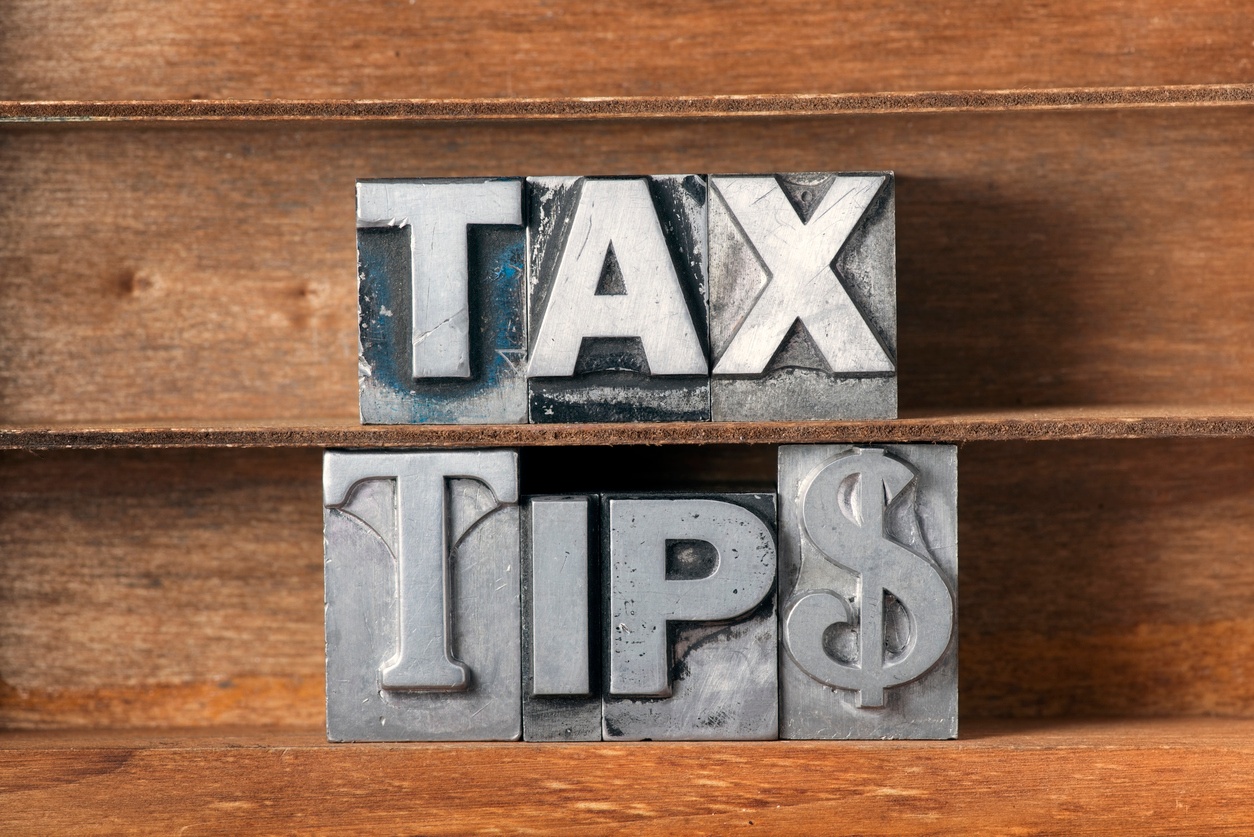Well, it is getting close to the time when employers across the US will receive their new (2017) unemployment tax rate notice. Many companies will then suffer through “UI tax rate sticker shock” – their new tax rate will have risen more than they thought or have gone down less than they thought – and is likely to cost more than was budgeted. For many employers, unemployment taxes have become the second highest employer tax, right behind FICA.
A high percentage of employers feel that UI taxes are a cost of doing business – never understanding that unemployment is a controllable expense – the right amount of effort and knowledge can dramatically reduce this cost. So how do employers take control of and reduce their UI Tax Rate?
Use work-sharing programs.
A state work-sharing program may make it cheaper to keep employees on at reduced hours than to lay them off. For example, Florida prorates unemployment benefits for employees whose hours and pay have been reduced to avoid total layoff.
A state work-sharing program may make it cheaper to keep employees on at reduced hours than to lay them off. For example, Florida prorates unemployment benefits for employees whose hours and pay have been reduced to avoid total layoff.
Document unsatisfactory work performance.
If you contest an unemployment claim, you need proof of the employee’s unsatisfactory work or misconduct so be certain that your policies and documentation are up to date and effective.
If you contest an unemployment claim, you need proof of the employee’s unsatisfactory work or misconduct so be certain that your policies and documentation are up to date and effective.
Keep accurate, complete records.
You may protest the awarding of benefits, your share of liability, or your tax rate, but in order for you to do so, you must have accurate records to back up your protest.
You may protest the awarding of benefits, your share of liability, or your tax rate, but in order for you to do so, you must have accurate records to back up your protest.
Audit all charged statements to your account.
Be certain to compare charges to your account against your payroll records – often, active employees are claiming unemployment or employees working less than full time are not claiming the correct wages. These activities can lead to thousands of dollars in overcharges each week.
Don’t miss appeal/protest deadlines.
Don’t miss the protest deadline/date or you will not be able to stop unwarranted charges to your account.
Don’t turn a voluntary quit into a discharge.
If you do, the worker will then qualify for unemployment benefits. In other words, if the claimant quit or was a no call no show – be sure you never use words like terminated, discharged, etc. Suddenly the Agency will begin looking at the separation as a termination instead of a quit.
If you do, the worker will then qualify for unemployment benefits. In other words, if the claimant quit or was a no call no show – be sure you never use words like terminated, discharged, etc. Suddenly the Agency will begin looking at the separation as a termination instead of a quit.
Know the unemployment laws and costs before you move to a new state. Don’t fall victim to surprises on the UI cost side of the expansion or purchase. It can cost you significant money if you don’t do your due diligence.
Make voluntary contributions to your reserve account.
Generally, your company’s unemployment tax rate depends on the status of your UI Reserve Account balance. That’s the amount of tax you pay less unemployment charges for claims. A voluntary contribution to boost your reserve balance could result in a lower tax rate—and the savings might exceed the amount of the extra contribution.
Generally, your company’s unemployment tax rate depends on the status of your UI Reserve Account balance. That’s the amount of tax you pay less unemployment charges for claims. A voluntary contribution to boost your reserve balance could result in a lower tax rate—and the savings might exceed the amount of the extra contribution.
These are just some of the ways in which you can have a positive effect on your UI Taxes (and on your costs to operate). There is no reason you can’t control these costs and stop paying money you should be saving. For more information visit us on the web at unemploymenttracker.com.
.png?width=864&height=165&name=uet-2logos%20(1).png)







